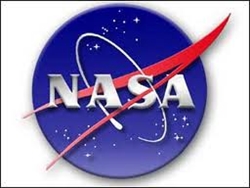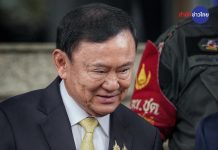BANGKOK, June 28 – The United States National Aeronautics and Space Administration (NASA) cancelled its plan to conduct atmospheric studies this year following the Thai Cabinet’s decision to refer the matter for deliberation in a joint sitting of Parliament.
“NASA cancelled the SEAC4RS mission, which was scheduled to begin in August 2012, due to the absence of necessary approvals by regional authorities in the timeframe necessary to support the mission’s planned deployment and scientific observation window.” the US space agency said in an announcement on its website.

The cancellation came after Thai Prime Minister Yingluck Shinawatra had announced on Tuesday that her Cabinet was forwarding the NASA request to use U-Tapao naval airbase to conduct atmospheric studies to Parliament for a non-voting debate for transparency following heavy criticism from the opposition and critics.
The premier today declined to give any comment on the NASA cancellation.
NASA earlier said it would suspend its plan to use the airport if the Thai government did not grant a permission for its request by June 26 as the agency could not move its equipment on time for the project implementation scheduled in August and September.
The Southeast Asia Composition, Cloud, Climate Coupling Regional Study (SEAC4RS) is scheduled to take to the field in August. The campaign is being lead by Brian Toon, chair of the University of Colorado’s Department of Atmospheric and Oceanic Sciences. Dr Toon is a veteran of NASA airborne campaigns, including flights to study the Antarctic ozone hole and the atmospheric effects of volcanic eruptions.
Some scientists believe that Southeast Asia is the primary place where new air is transported into the stratosphere. SEAC4RS is designed to investigate that hypothesis and provide new insights into exactly what the effects are of pollution vapours and tiny particles called aerosols that reach the stratosphere. SEAC4RS is to address issues of global concern, according to information posted on the US space agency’s website.
NASA proposed to base its SEAC4RS aircraft in Thailand so that they can sample the two big meteorological drivers of the region’s atmospheric circulation: the summertime monsoon circulation to the west and marine convection to the east and south that can loft emissions into the stratosphere, NASA said.




